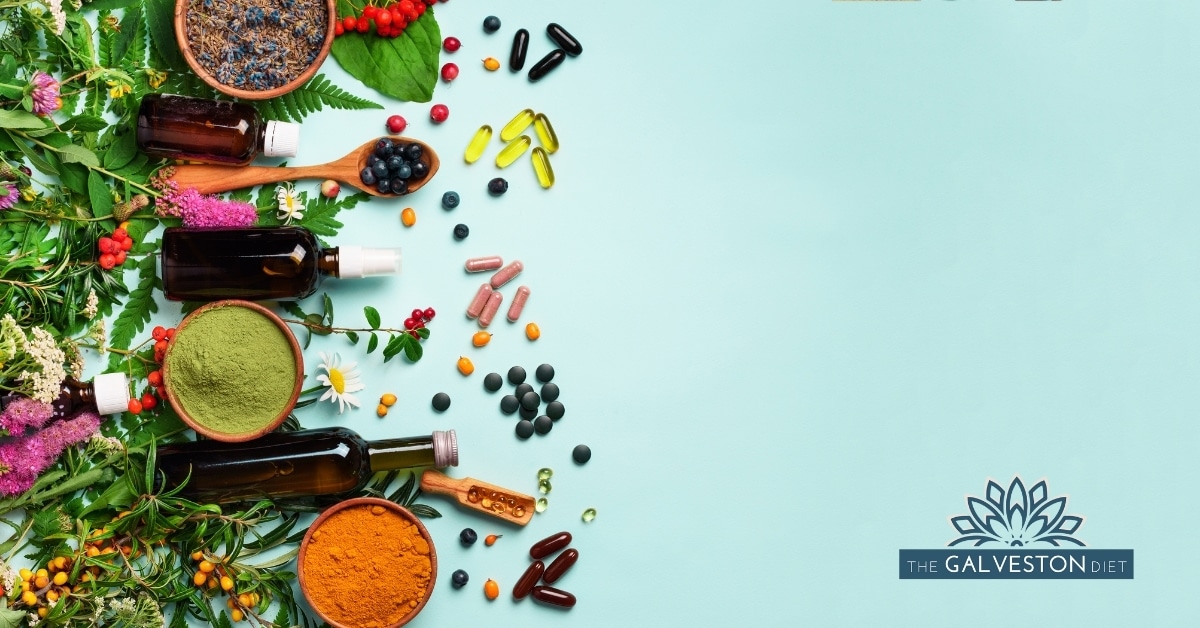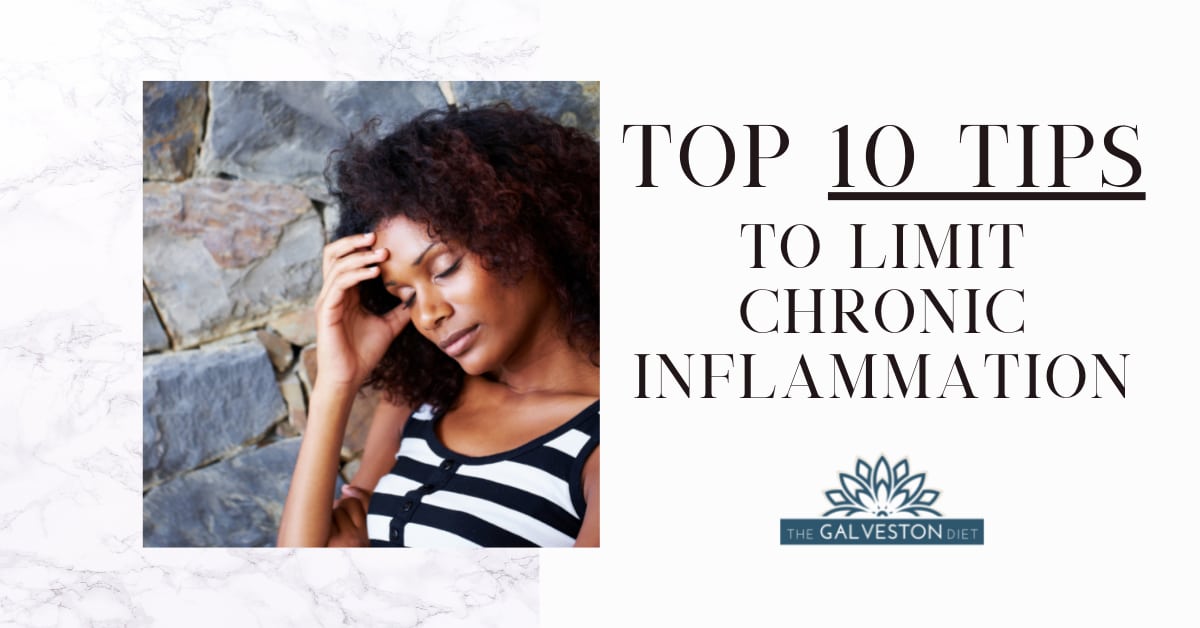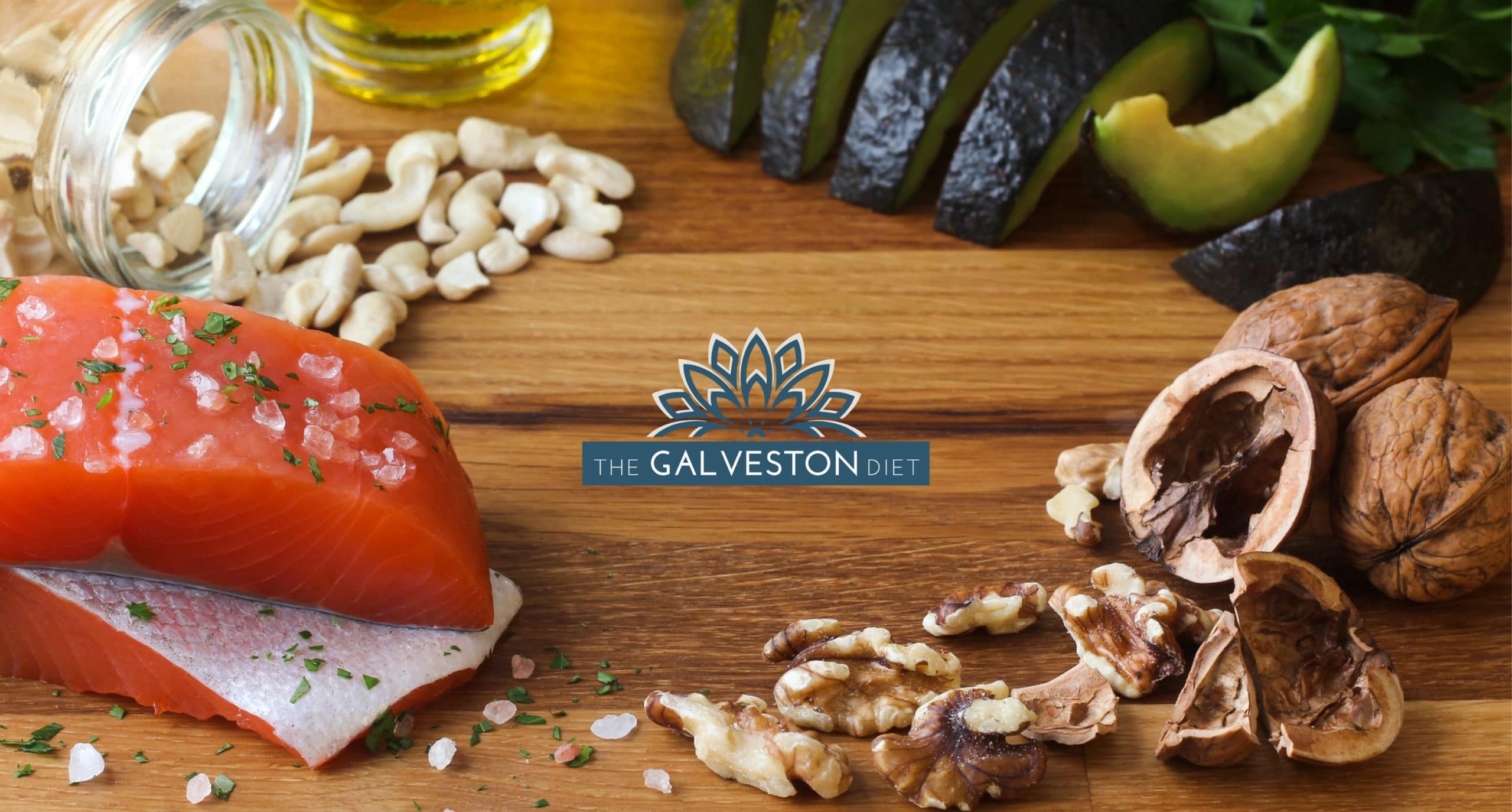As we age, it is especially important to make educated decisions about our health – and whether or not to drink alcohol and what type of alcohol to drink are actually more important questions than you think. I’d like to shed light on the benefits and potential consequences of my most frequently questioned alcohol – — WINE.
Some of the Benefits of Wine
I know many of you will be happy to read that wine does indeed have numerous benefits to your health:
- Improve the gut microbiome
- Raise levels of omega-3 fatty acids
- Promote overall heart health
- Prevent vision loss
- Decrease the risk of developing dementia
- Reduce risk of depression
You may look at the above benefits and wonder how on earth wine achieves all of the above advantages to your health? The answer lies in the resveratrol component of wine, which is found in, and fermented with, the skin of grapes used to produce wine. Resveratrol is an antioxidant that has extreme anti-inflammatory properties – woohoo! It is important to note that red wine contains a significantly larger amount of resveratrol than white, so red may be the better choice to reap the benefits listed above.
Although we just discussed all of the benefits drinking wine can have, it is absolutely imperative to keep in mind these benefits are maximized when consumption is in moderation. This is absolutely key and commonly disregarded. Overconsumption will lead to many consequences that greatly outweigh the potential benefits discussed above. The current US Dietary Guidelines suggests that women consume no more than one drink per day and men no more than two.
The bottom line – wine, specifically red, is an excellent beverage to choose if you decide to consume alcohol; it is within the healthy guidelines, if you will, of the “Mediterranean Diet.” But like anything else in this world, too much of a good thing is in fact bad. Please check out the Galveston Diet for more information.
Article References:
https://www.medicalnewstoday.com/articles/265635.php
https://www.healthline.com/nutrition/red-wine-good-or-bad#section3
https://www.winespectator.com/articles/how-alcohol-affects-female-health
https://www.mayoclinic.org/diseases-conditions/heart-disease/in-depth/red-wine/art-20048281
If you are interested in learning more about the science behind The Galveston Diet, Click Here.






